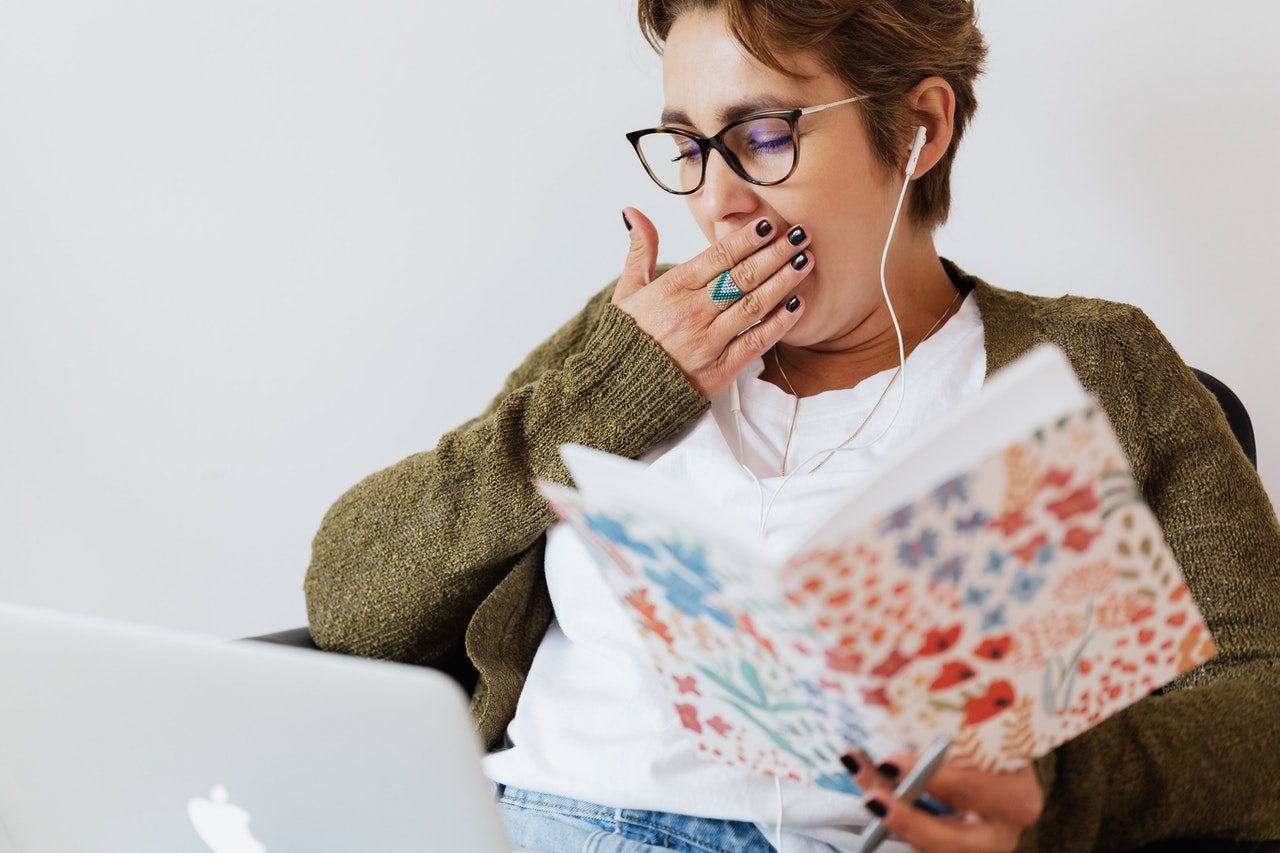How to Beat Jet Lag When You Get Home

Jet lag is a common phenomenon among travellers who cross different time zones. When you're jet-lagged it means your body's internal clock (aka the circadian rhythm) is out of sync and it will need some time to get back on track.
The good news is that jet lag only lasts a short time and there are ways you can bring your body clock to align with your destination's sunrise and sunset faster.
Let's take a look at how you can reduce jet lag symptoms!
How to Cure Jet Lag
Your two best bets against jet lag are light exposure and melatonin supplements.
Light Exposure
Light - in particular natural light - has a huge influence on our natural circadian rhythm. The sun has a really powerful effect on our wakefulness and alertness. Natural sunlight acts as a signal for the circadian rhythm to keep the body awake.
That's why exposure to light can mitigate the effects of jet lag. So, for example, if you come back from a country where you used to go to bed when you usually wake up, try to wait for your regular bedtime, even if you feel tired. Then, get exposed to morning light the next day. If you keep feeling tired during the day, take short naps (cat naps), but don't overdo them.
Also, be mindful of artificial light, especially one coming from electronic devices. It can also interfere with your circadian rhythm. Don't use computers, tablets, or smartphones before going to bed.
Melatonin
Melatonin is a hormone that's naturally produced by the body when it gets dark. Its basic function is to prepare you for sleep and to regulate your circadian rhythm.
When you have jet lag, the production of melatonin gets disrupted. That's why melatonin supplements can help ease the symptoms of jet lag.
A UK study showed that melatonin is "remarkably effective in preventing or reducing jet-lag", and that it's safe when it's taken short-term. It's most effective for people flying east and crossing "five or more time zones", but it can also be useful for travellers that cross "2-4 time zones".
Melatonin helps to realign your internal body clock and the good news is that you can get it most places over the counter.
However, it's recommended that you consult with your doctor about the dosage, use and potential side effects of melatonin supplements before buying them.
Other Ways to Reduce Jet Lag Symptoms
Besides light exposure and melatonin supplements, there are also other ways to beat jet lag at its game and minimize jet lag symptoms:
-
Try to get a good night's sleep several days in a row before your trip;
-
Use accessories such as earplugs, sleeping mask, comfortable sleepwear that'll make the whole sleeping experience much more pleasant;
-
Avoid too much stress because it can make falling asleep harder and jet lag symptoms worse;
-
Once you get back keep your obligations light for the following couple of days so you can get more rest;
-
Take it easy with alcohol and caffeine - alcohol can disrupt your sleep cycle further, and caffeine can make you more alert and jittery when you need to sleep;
-
Drink enough water before, during and after your flight;
-
Eat well and light - don't overeat, eat more fruits and veggies and generally lighter meals around and after your trip;
-
Don't forget to stretch and do some exercise - stretching and exercise promote blood flow and make it easier to fall asleep. Exercise helps to regulate your sleep cycle - just don't exercise too vigorously before your bedtime.
Conclusion
The best weapon against jet lag is time itself. Whatever you do you'll just need to wait it out until your body clock gets back on track. I do hope though that these tips and advice helped you deal better with jet lag.
Sources:
- https://www.cdc.gov/niosh/emres/longhourstraining/light.html
- https://www.ncbi.nlm.nih.gov/pmc/articles/PMC4334454/
- https://www.sleepfoundation.org/travel-and-sleep/how-to-get-over-jet-lag
- https://www.hopkinsmedicine.org/health/wellness-and-prevention/exercising-for-better-sleep
